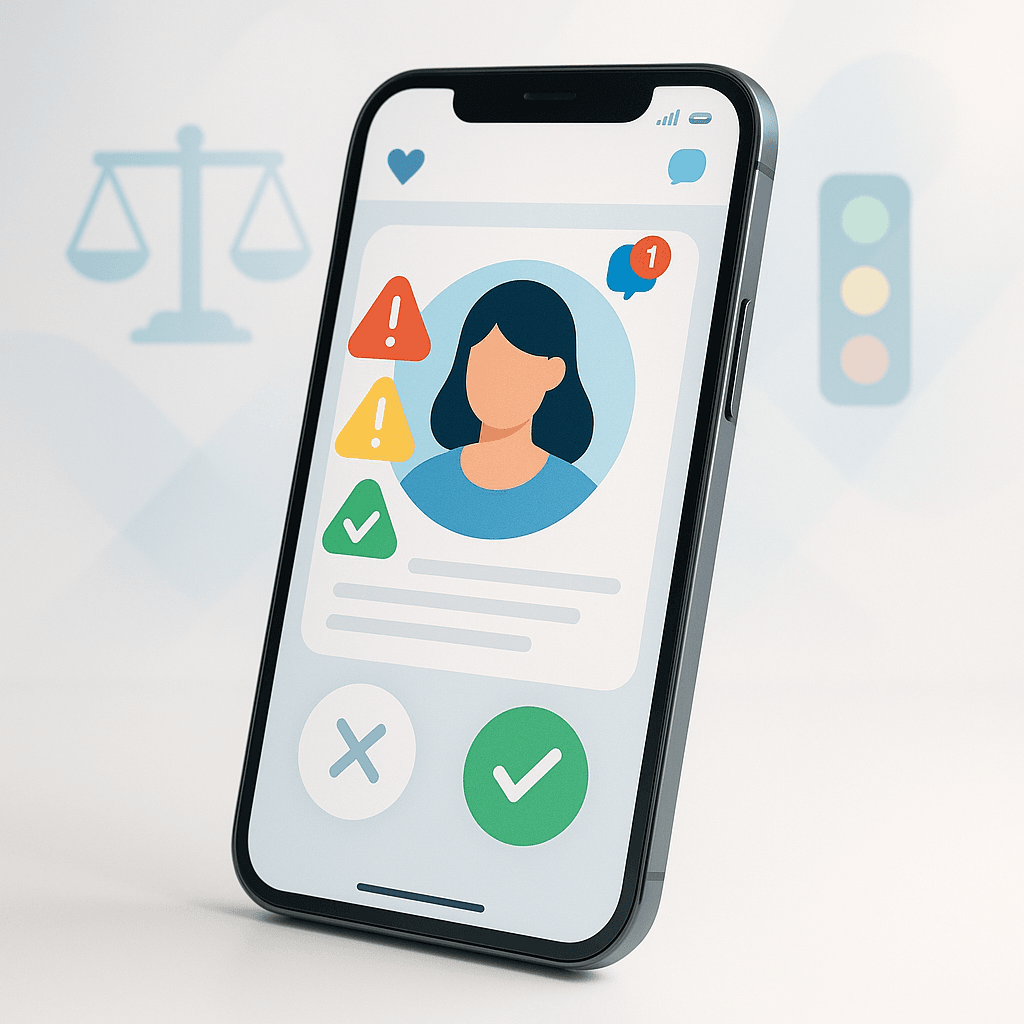Hinge is overhauling its content moderation strategy with a major shift away from immediate account bans. The dating app now flags and removes specific problematic content while keeping profiles active, giving users a chance to fix violations before facing termination. This represents a significant departure from the zero-tolerance approach that has frustrated users across dating platforms for years.
Hinge just threw out the dating app playbook on content moderation. Instead of the nuclear option - banning entire accounts for single policy violations - the platform is rolling out a graduated response system that flags specific problematic content while keeping users in the game.
The change addresses one of dating apps' most contentious issues: the seemingly arbitrary account terminations that have left millions of users locked out without clear explanations. According to TechCrunch's report, Hinge's new system removes the offending content but keeps profiles live, though hidden from the discovery feed until users make corrections.
"By giving daters the opportunity to update their content while remaining in good standing on Hinge, we're delivering on our commitment to greater transparency," Jeff Dunn, chief risk officer at Hinge, told TechCrunch. The company is betting that most violations stem from confusion rather than malicious intent.
The policy shift comes as dating apps face mounting criticism over opaque moderation practices. Bumble and Tinder users have long complained about sudden bans with minimal explanation, often losing months of matches and conversations. Hinge's parent company Match Group has seen similar backlash across its portfolio of dating brands.
Under the new system, users receive multiple notification touchpoints when content gets flagged. The app sends both email alerts and push notifications explaining the specific violation, while an in-app message guides users through the correction process. This multi-channel approach aims to ensure users actually see and understand the feedback - a stark contrast to the previous system's often-missed single email notifications.
The flagged content categories remain comprehensive, covering offensive, pornographic, violent, or discriminatory material, along with content promoting illegal activities, business services, or unauthorized images of others. The policy particularly emphasizes consent issues around photos, including special protections for minors that require parental approval.











